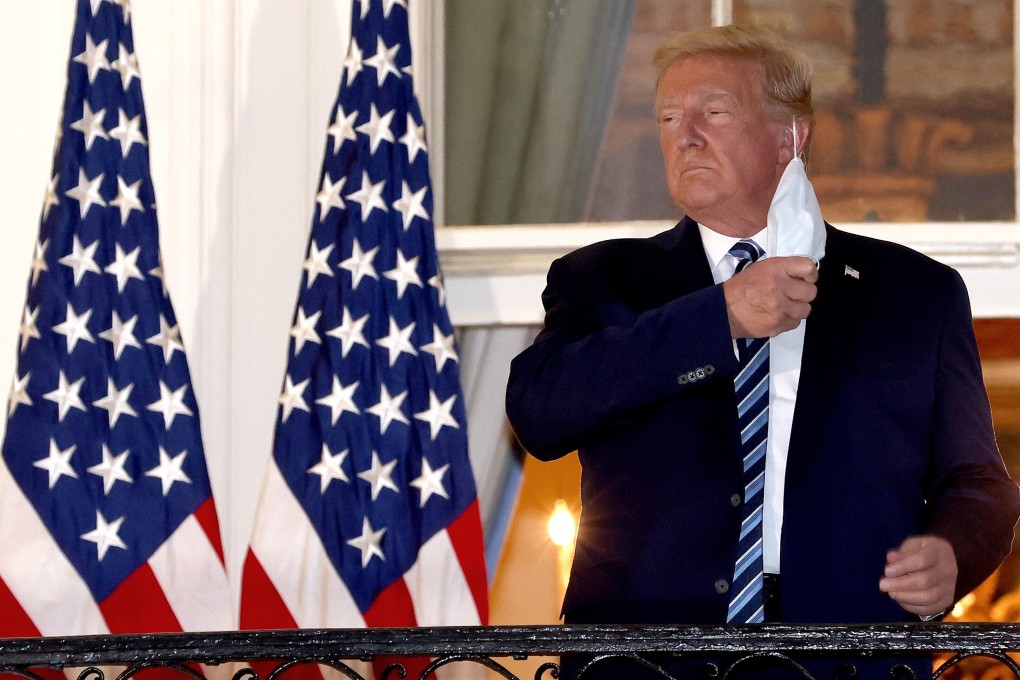Politico | The world’s hottest spy target: Donald Trump’s health
- After president’s coronavirus diagnosis, concerns are growing that adversaries will take advantage of the White House’s lack of transparency to sow mischief
- Not unreasonable to suggest Russia and China ‘have better info’ on Trump’s medical condition than American public, some experts say

This story is published in a content partnership with POLITICO. It was originally reported by Lara Seligman and Natasha Bertrand on politico.com on October 5, 2020.
US President Donald Trump's doctors won’t say when he last tested negative. They won’t reveal details of how his lungs are functioning, why he was prescribed advanced treatments usually reserved for severe Covid-19 cases, how high his fever soared or just how low his oxygen levels dipped.
As the White House brushes aside questions about just how serious the president’s bout with the lethal virus really got, America’s enemies are poised to fill the information void, former and current US national security officials are warning.
Their fear: foreign adversaries are working overtime to glean insight into the true state of Trump’s health and potentially use it as leverage to make mischief and sow doubt about the stability of the US government – for example, using doctored photos or audio of a pale or hoarse Trump to make him seem sicker than his team is letting on – and paint America as unable to handle the pandemic.

01:26
White House doctor says Trump not ‘out of the woods’ but can go home
Foreign intelligence agencies invest heavily in the ability to collect sensitive medical information about world leaders, seeking to place sources where they would have direct or indirect access to these discussions, former and current officials said.